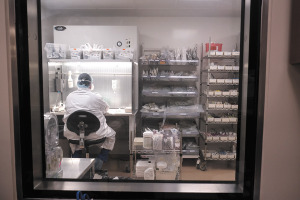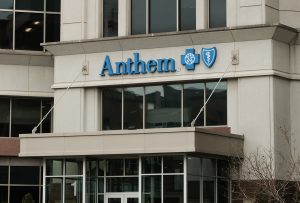Anthem jumps back into Indiana ACA marketplace three years after departing
The Indianapolis-based insurer, which left the program in 2018 after racking up huge losses, is jumping back in under a partnership with three hospital systems covering 45 of Indiana’s 92 counties.









